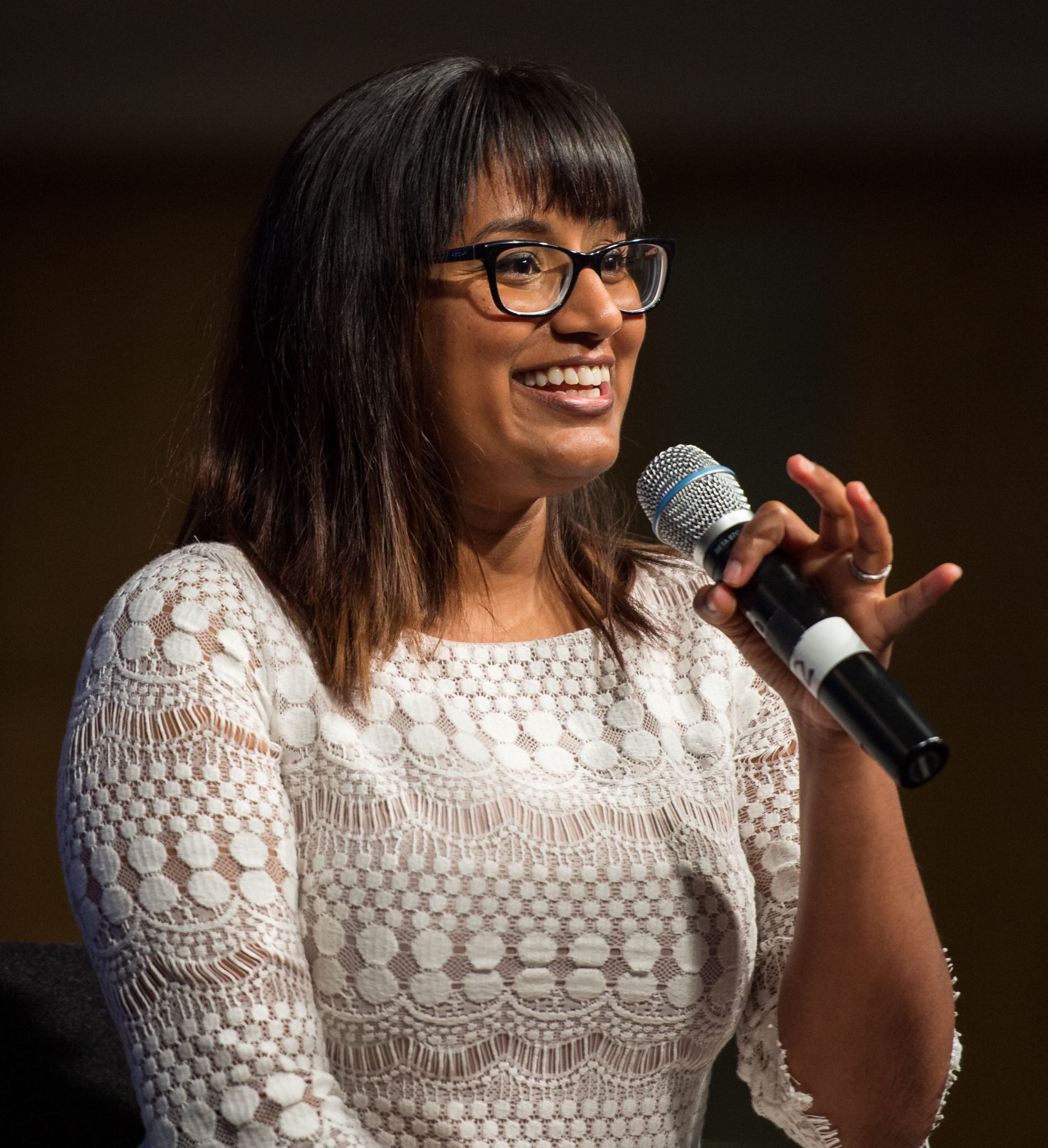
Shobhana Gupta is a physician scientist and currently serves as the Open Innovation and Community Applications manager with Earth Science Division's Applied Sciences Program at NASA Headquarters. Shobhana manages crowdsourcing activities including prize competitions to invite talents and experiences outside of the NASA community for the discovery and development of applications of Earth observations for decision-making. She is also a star solver, having provided a number of valuable ideas and solutions to her peers through NASA Spark. NASA Spark as an internal, agency-wide platform that provides NASA employees an unconventional and inventive way to share knowledge and advance projects. Check out what Shobhana has to say about open innovation and the NASA Spark community.
What is your role at NASA?
I serve as the Manager of NASA Earth Action's Prizes and Challenges Program, where we use crowdsourcing mechanisms to invite talents and experiences outside of the NASA community to participate in the discovery and development of Earth observations-based applications for decision-making. I also serve as the Associate Program Manager of NASA's Equity and Environmental Justice Program, to support projects that apply NASA data for advancing awareness and challenges related to human health or environmental outcomes that are unique to, or disproportionately affect, underserved communities, including persons of color, low-income persons, Indigenous persons or members of Tribal nations. I completed my medical and graduate training at Vanderbilt University School of Medicine (Department of Microbiology and Immunology) and a postdoctoral fellowship at Yale University School of Medicine (Department of Neurology) before joining NASA in 2015 as an AAAS Science and Technology Policy Fellow. I supported the Health and Air Quality Program to enhance decision-making about environmental health and infectious diseases, as well as managed NASA's International Space Apps Challenge Program in 2017.
Why do you like participating on NASA Spark?
I truly believe that the best outcomes can be achieved if we are open and invite collaboration on not just the work we have done, but the work that we are doing. This includes sharing our current challenges and harnessing the knowledge and skills of people from different backgrounds, fields of expertise, and different experiences to find solutions. Instead of trying to find resources or solutions by myself or within my team, NASA Spark allows me to expand my network and benefit from ideas from colleagues across ALL of NASA - that's incredible!
You're a multi-time winner! What does that mean to you? Why do you keep coming back and sharing your ideas?
I love participating in NASA Spark campaigns because it is a great way to leverage the work we are doing or have completed for greater impact across NASA. If we have created a resource that gives another team a head start in their work, it's a win-win. Our team can show the value of our work, and the other team can save their time and resources.
How can other NASA employees best utilize NASA Spark?
NASA Spark can be the NASA "watercooler" for employees across all programs and centers in the agency. We can post challenges we are stuck on, ideas we are trying to develop, or any other calls for input to our entire brilliant, skilled, multidisciplinary expert workforce - for free and for minimal effort! We should all sign up to learn about and contribute to new campaigns from our colleagues, including building on ideas that others have submitted. NASA Spark is a great platform to network across the agency – your coworkers are just collaborators waiting to happen!
What does innovation mean to you?
Innovation, to me, is doing something new while constantly moving towards doing better. Whether it is applying existing tools and ideas in a novel way or developing completely new solutions - innovation should make our work easier and outcomes more impactful. Open innovation by sharing our work and challenges with people from unrelated fields and backgrounds, encouraging them to apply their perspectives to manipulate our questions and share solutions, can in turn empower us to achieve superior outcomes.
If you are a NASA employee and interested in learning more about NASA Spark, visit spark.nasa.gov.






